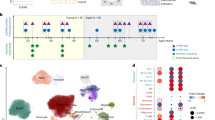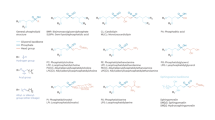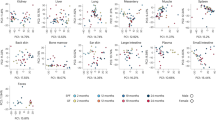Abstract
Thermogenesis is associated to oxygen consumption and cellular respiration. This process is coupled to adenosine-diphosphate (ADP) phosphorylation through the existence of a proton gradient across the inner mitochondrial membrane. It was postulated that proton leaks through this membrane would uncouple respiration from adenosine-triphosphate (ATP) synthesis and induce energy dissipation as heat. Such a mechanism was identified in thermogenic brown adipose tissue mitochondria which contain a unique proton carrier referred to as uncoupling protein (UCP). This UCP is activated by fatty acids and its synthesis is positively controlled by retinoids, thyroid hormones, catecholamines and rexinoids. In fact, in most types of cells, respiring mitochondria release heat and the coupling of substrate oxidation to ADP phosphorylation is under 100%. It suggested that the partial coupling of respiration to ADP phosphorylation was due to proton leaks possibly related to the brown fat UCP. This approach led to the identification of UCP2 and UCP3, two homologues of the brown fat UCP (renamed UCP1). UCP2 gene is widely expressed in tissues and cell types, whereas the UCP3 gene is dominantly expressed in skeletal muscles (and brown fat in mice). Recent genetic, biochemical and physiological studies suggest that these novel UCP2 contribute to resting metabolic rate, fat oxidation and may represent new targets for anti-obesity compounds.
This is a preview of subscription content, access via your institution
Access options
Subscribe to this journal
Receive 12 print issues and online access
$259.00 per year
only $21.58 per issue
Buy this article
- Purchase on Springer Link
- Instant access to full article PDF
Prices may be subject to local taxes which are calculated during checkout
Similar content being viewed by others
Author information
Authors and Affiliations
Corresponding author
Rights and permissions
About this article
Cite this article
Ricquier, D. Uncoupling protein-2 (UCP2): Molecular and genetic studies. Int J Obes 23 (Suppl 6), S38–S42 (1999). https://doi.org/10.1038/sj.ijo.0800942
Published:
Issue Date:
DOI: https://doi.org/10.1038/sj.ijo.0800942



